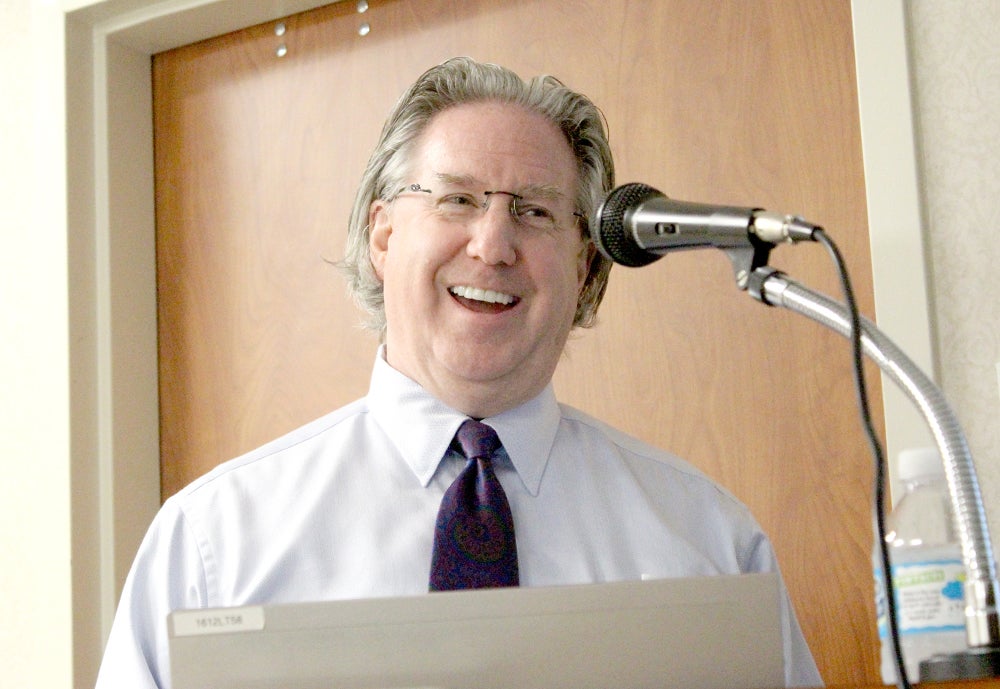Surgeon: Find ways to reduce stress in your life
Published 9:31 am Wednesday, November 16, 2016

- Dr. Craig Adams, cardiovascular and thoracic surgeon, spoke about stress and how it impacts the body at the November Healthy Woman Luncheon at Merit Health River Region Medical Center.
Some people find the holiday season a little stressful with dinners to cook, presents to buy and family in town. However, stress can very negatively impact a person’s health, heart and brain.
Dr. Craig Adams, a cardiovascular and thoracic surgeon in Jackson, spoke at the November Healthy Woman Lunch at Merit Health River Region Medical Center on the damage stress can do to a person.
Adams said there is a definite link between stress and heart disease, but it has not yet been proven through research.
“No one has come out and said absolutely stress causes heart disease,” he said. “Stress truly does effect (the cardiovascular system), but no, I can’t sit here and give you the paper that says stress equals heart disease … There is a lot of inference.”
Stress is the body’s way of reacting to a demand or threat, he said, and the nervous system responds by releasing hormones — adrenaline and cortisol.
“That activates your body to emergency action,” he said.
During a panic attack a surge of adrenaline can cause people to think they are going to have a heart attack because the stress causes blood pressure to go up, a racing heart, jittery feelings and sweat. Those feelings are not completely unfounded because overtime stress becomes a major factor in a person’s health, Adams said.
“Chronic stress is all the time,” Adams said. “It interferes with your mood, your sleep, your appetite.”
Some people turn to sedatives, alcohol, chain smoking or overeating to help them deal with their stress and consequently further negatively impact their health.
Personality type and quality of a marriage can play a large role in how a person is prone to stress, Adams said. Whether it’s from work or family, constant daily stress triggers inflammatory responses, which cause damage to the endothelial lining — a layer of cells that line blood vessels.
To fix the damage in the blood vessels, the body makes an abundance of cholesterol.
“The problem is our body doesn’t know how to turn that off. Once the inflammatory process has started, the cholesterol gets globbed on there,” he said. “Before you know it, you’ve got this big glob of cholesterol called plaque that is siting in the middle of the artery.”
The plaque doesn’t become a problem until the artery is over 75 percent blocked. Once that happens, the organ on the other side of the artery starts to have problems like a heart attack or a stroke.
However, problems can occur with a smaller percent blockage when the artery tightens because of high blood pressure caused by chronic stress.
“That makes that 50 percent blockage and 80 percent blockage,” Adams said.
Even though cholesterol causes the plaque that blocks the artery, he said sugar is a larger factor in heart disease than cholesterol because high sugar intake puts more fat in the bloodstream.
The best way to combat stress and improve health, he said, is meditation for 15 minutes a day and walking 30 minutes a day.
“Just walking 30 minutes a day adds seven years,” Adams said. “If you laugh a lot, stop smoking, keep your sugar under control, meditate and exercise, you’re good to go.”





